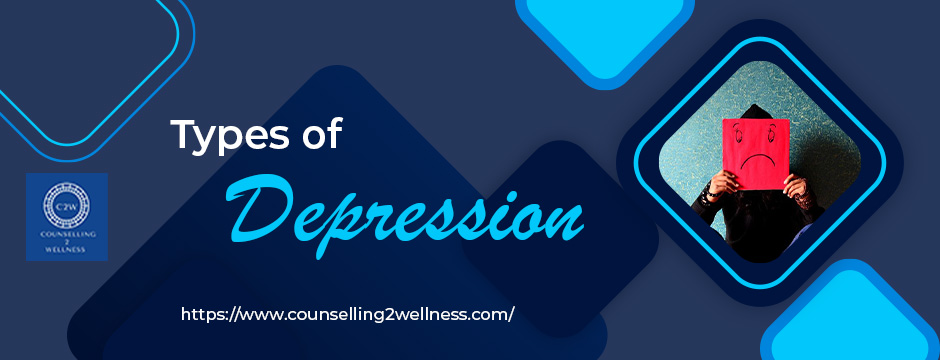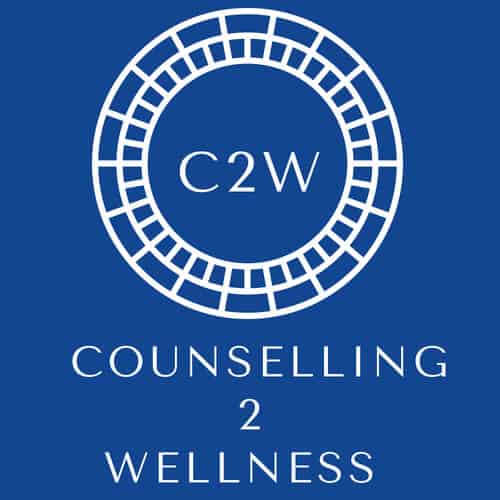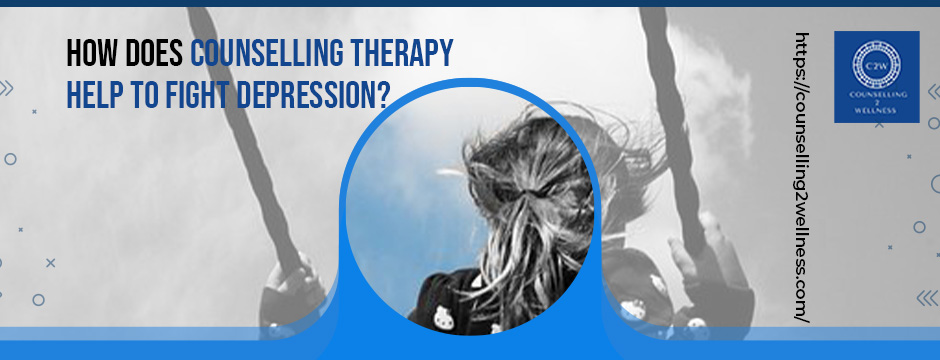Depression is a prevalent and impactful mental illness that affects a significant portion of the population. Studies show that approximately 9 million Canadians, which accounts for about one in three people, will experience a mental illness in their lifetime. we understand the challenges that come with depression and the importance of seeking support. Our dedicated team of professionals provides specialized counselling for depression, offering a safe and confidential space for individuals to explore their emotions, develop coping strategies, and work towards recovery. Take the first step towards healing by accessing our compassionate counselling services at Counselling2Wellness.
Depression may strike anybody at any time, and it can strike at any age, although it most typically strikes in adulthood. It can impact how you think, feel, interact with others, and go about your everyday activities. It might make you disengaged and cause a loss of interest or pleasure in things you used to enjoy.
Types of Depression

Major Depressive Disorder
When individuals talk of clinical depression, they usually mean Major Depressive Disorder (MDD). Major Depressive Disorder (MDD) is a mood disorder marked by several distinct characteristics:
- A depressed state of mind
- Lack of enthusiasm for tasks that one would ordinarily like
- Weight fluctuations
- Sleep disturbances
- Fatigue
- Feelings of inadequacy and remorse
- Concentration problems
- Suicidal thoughts
Bipolar Disorder
Bipolar Disorder is a mental illness that causes dramatic shifts in a person’s mood, energy and ability to think clearly. Mania is a symptom of bipolar disorder, which is characterized by moments of unusually heightened mood. These episodes can be modest (hypomania) or severe enough to significantly impede a person’s life, requiring hospitalization, or affect a person’s sense of reality. The majority of people who have Bipolar Disorder also suffer from substantial depressive episodes.
If you can relate to any of the above or below symptoms, and you feel the need for Counselling therapy, let us know!
Persistent Depressive Disorder (PDD)
Dysthymia is a kind of chronic depression, now recognized as persistent depressive disorder, typically lasting for at least two years. There are three levels of severity: mild, moderate, and severe.
People may have brief intervals where they are not depressed, but this respite only lasts a few months at most. While not as severe as major depressive disorder, the symptoms are widespread and long-lasting.
Premenstrual Dysphoric Disorder (PMDD)
It is a kind of premenstrual dysphoria. Irritability, exhaustion, anxiety, moodiness, bloating, increased hunger, food cravings, pains, and breast tenderness are the most prevalent symptoms of premenstrual syndrome (PMS). Similar symptoms are seen in premenstrual dysphoric disorder (PMDD), although mood-related symptoms are more prominent.
Postpartum Depression (PPD)
Pregnancy can cause major hormonal changes, which can have a negative impact on a woman’s mood. Depression can strike during pregnancy or shortly after a child is born. Postpartum depression (PPD) is more than just the “baby blues,” as it is now categorized as depression with a peripartum start.
After giving birth, mood swings, anxiety, irritability, and other symptoms are typical and can persist for up to two weeks. The symptoms of PPD are more severe and stay longer.
Seasonal Affective Disorder (SAD)
It is a kind of depression that occurs during the winter/colder months. You may have Seasonal Affective Disorder (SAD) if you experience sadness, tiredness, and weight gain throughout the winter months but feel well in the spring. The condition is now known as a major depressive disorder with a seasonal trend. SAD is thought to be caused by a disruption in the body’s natural circadian cycle. This rhythm is influenced by light entering the eyes, and any seasonal difference in the night/day pattern might create a disturbance, leading to sadness.
Depression Treatment
Antidepressants, therapy, or a combination of the two are frequently used to treat depression. Antidepressant drugs are available in a variety of forms. Finding the appropriate medication may take some time, so working closely with your doctor is essential throughout this time. Even with the correct meds, it might take a while to notice a difference in your mood.
Therapy or psychotherapy for depression is effective in both short-term and long-term cases of depression. There are numerous treatments and specialists to select from, just as there are various drugs. Cognitive-behavioural therapy (CBT), interpersonal therapy (IPT), psychodynamic psychotherapy, and problem-solving therapy are more common evidence-based approaches.
Therapy for Depression
The form of therapy is typically determined by the length and intensity of the symptoms and bouts of depression. Working with a psychotherapist, social worker or psychologist is important as the therapy will focus on exploring core beliefs, and schemas based on your upbringing. Working with a therapist may be beneficial if the symptoms of depression are newer or less severe.
Types of Counselling Therapy for Depression
Cognitive Behavioral Therapy (CBT)
CBT is based on the concept that our thoughts, emotions and behaviours are all interconnected.
Negative thoughts can intensify and contribute to depression. It’s difficult to feel happy when you’re engaged in a negative thinking cycle. Cognitive Behavioral therapy teaches clients how to recognize frequent negative thought patterns (known as cognitive distortions) and change those negative thought patterns into more balanced ones, boosting mood.
Another aspect of CBT is looking at the influence of behaviours on thoughts and emotions. Behavioural activation is a key component of treating depression. This skill involves having clients participate in activities that will improve their feelings of happiness.
Dialectical Behavior Therapy (DBT)
CBT influences dialectical behavior therapy. The main distinction is that it requires those suffering from depression to recognize and accept their negative thoughts and behaviors. There was four components to DBT that involve: Individuals learn to manage unpleasant emotions and cope with stress, learn mindfulness, regulate their reactions, and even enhance their relationships with others by practicing validation.
Psychodynamic Therapy (PDT)
Depression is caused by unresolved—sometimes unconscious—conflicts, which typically date back to infancy. This style of treatment aims to assist the patient to become more aware of their whole spectrum of emotions, including contradicting and unpleasant ones, as well as to help the client better cope and put these feelings into context.
Interpersonal Therapy (IT)
Depression can be exacerbated by interpersonal conflict and a lack of social support. Interpersonal therapy addresses these difficulties by addressing past and present social roles and interpersonal interactions. During treatment, the therapist usually concentrates on one or two problem areas.
Wrapping Up
Whatever treatment style you choose, Counselling Therapy should be a safe and helpful experience. You should always feel comfortable opening up and expressing your experiences and struggles with depression when working with a psychotherapist.
Mental illness can be very isolating, ensure that you have the appropriate resources. If you need an ally in tackling your mental well-being, COUNSELLING 2 WELLNESS.

